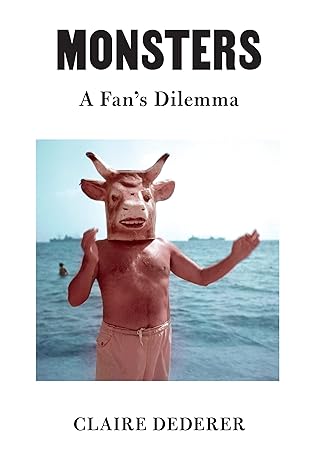More on this book
Community
Kindle Notes & Highlights
We attempt to enact morality through using our judgment when we buy stuff, but our judgment doesn’t make us better consumers—it actually makes us more trapped in the spectacle, because we believe we have control over it. What if instead we accepted the falsity of the spectacle altogether?
Condemnation of the canceled celebrity affirms the idea that there is some positive celebrity who does not have the stain of the canceled celebrity. The bad celebrity, once again, reinforces the idea of the good celebrity, a thing that doesn’t exist, because celebrities are not agents of morality, they’re reproducible images.
You are not responsible for solving this unreconciled contradiction. In fact, you will solve nothing by means of your consumption; the idea that you can is a dead end.
The way you consume art doesn’t make you a bad person, or a good one. You’ll have to find some other way to accomplish that.
We ask, or maybe don’t ask, but actually feel our way through the problem: How terrible is their terribleness? How much do we love them? And how important is that love to us?
What do we do about the terrible people we love? That question comes with another question nestled inside it: how awful can we be, before people stop loving us?


